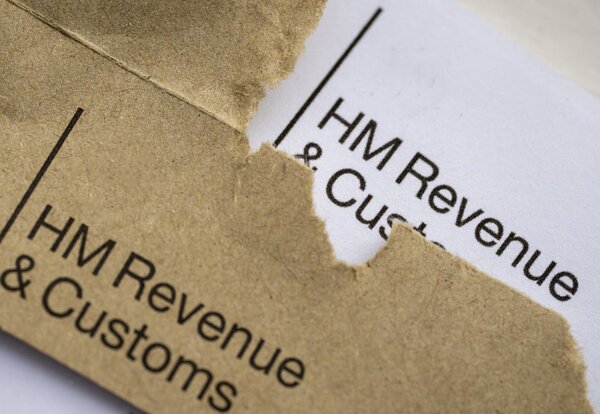Introduction
Personal finance expert Martin Lewis has drawn attention to an unusual feature of the UK tax system, which can leave certain individuals worse off if they earn more interest on their savings. This peculiarity, highlighted in a recent public post, stems from the way income tax thresholds interact with the personal savings allowance.
While intended to promote fairness, the current rules result in some higher-rate taxpayers seeing their take-home pay decrease when they make extra savings income, defying conventional expectations about income and taxation. Lewis's explanation has generated widespread public interest and renewed discussion over the structure of the UK tax system.
Income tax thresholds and savings
The UK income tax regime includes several thresholds that determine the rate of tax paid on earned and unearned income. Of particular relevance is the higher-rate tax threshold, currently set at £50,270.
Income earned above this level is taxed at 40%, compared with 20% for earnings below the threshold. This step-up does not only affect take-home pay from wages, but also impacts how much tax is paid on interest earned from savings outside of tax-sheltered accounts such as ISAs.
The personal savings allowance explained
The personal savings allowance was introduced to enable individuals to receive savings interest tax-free up to a certain limit. Basic-rate taxpayers can currently earn up to £1,000 in savings interest without paying tax, while the allowance drops to £500 for those who pay higher-rate tax. Any interest above these thresholds becomes subject to income tax at the payer’s marginal rate.
How tax rules can reduce take-home pay
Martin Lewis highlighted a scenario in which the interaction between income thresholds and the personal savings allowance can create a financial “hole”. Crossing the higher-rate threshold by earning slightly more either through salary or additional savings interest results in both a higher tax rate and a halved allowance.
As a consequence, someone earning just over the threshold may end up with less net income from their savings than if they had remained just below it. For example, an individual with an annual salary of £49,300 and £1,000 interest from savings would have a total income of £50,300.
As this exceeds the £50,270 threshold, they become a higher-rate taxpayer and their personal savings allowance drops to £500. This means £500 of their savings interest is taxed at 40%, reducing their take-home interest to £800 after tax.
Martin Lewis outlines practical examples
In contrast, someone earning £49,300 plus £950 in interest would keep their total income at £50,250, just below the higher-rate threshold. They would therefore keep the full £1,000 personal savings allowance, meaning all their interest remains tax-free. As Lewis explained, “You take home £150 more interest than if your savings income had been £50 higher.”
He described the situation as “totally bonkers,” given that earning more in interest can actually lead to receiving less overall. According to Lewis, this loophole is a rare occurrence in the income tax system where “if you earn more, you take home less.” The anomaly is limited to a narrow range of incomes, particularly those close to the higher-rate threshold.
Public response and expert opinion
Lewis acknowledged that this feature of the tax system is “very niche” and only impacts a small number of people. Nevertheless, it has provoked significant discussion among both savers and financial experts. Some express concern that such anomalies can make effective financial planning more complex, especially for those whose earnings fluctuate around key thresholds.
Experts have also noted comparable quirks elsewhere in the tax system, such as the withdrawal of the personal allowance for individuals earning over £100,000, which can result in unexpectedly high marginal tax rates. These issues frequently form part of broader debates about tax simplification and fairness.
Final Summary
Martin Lewis’s latest commentary has cast a light on a little-known but impactful feature of the UK tax code affecting savers at the margin of the higher-rate threshold. While affecting only a small segment of the population, the issue illustrates how complex rules and overlapping allowances can produce unexpected financial outcomes.
As public awareness grows, there is renewed pressure for policymakers to consider further simplification of income tax, ensuring individuals are not penalised for earning extra income. For readers seeking detailed tax analysis and planning tools, resources are available through the Pie app.











